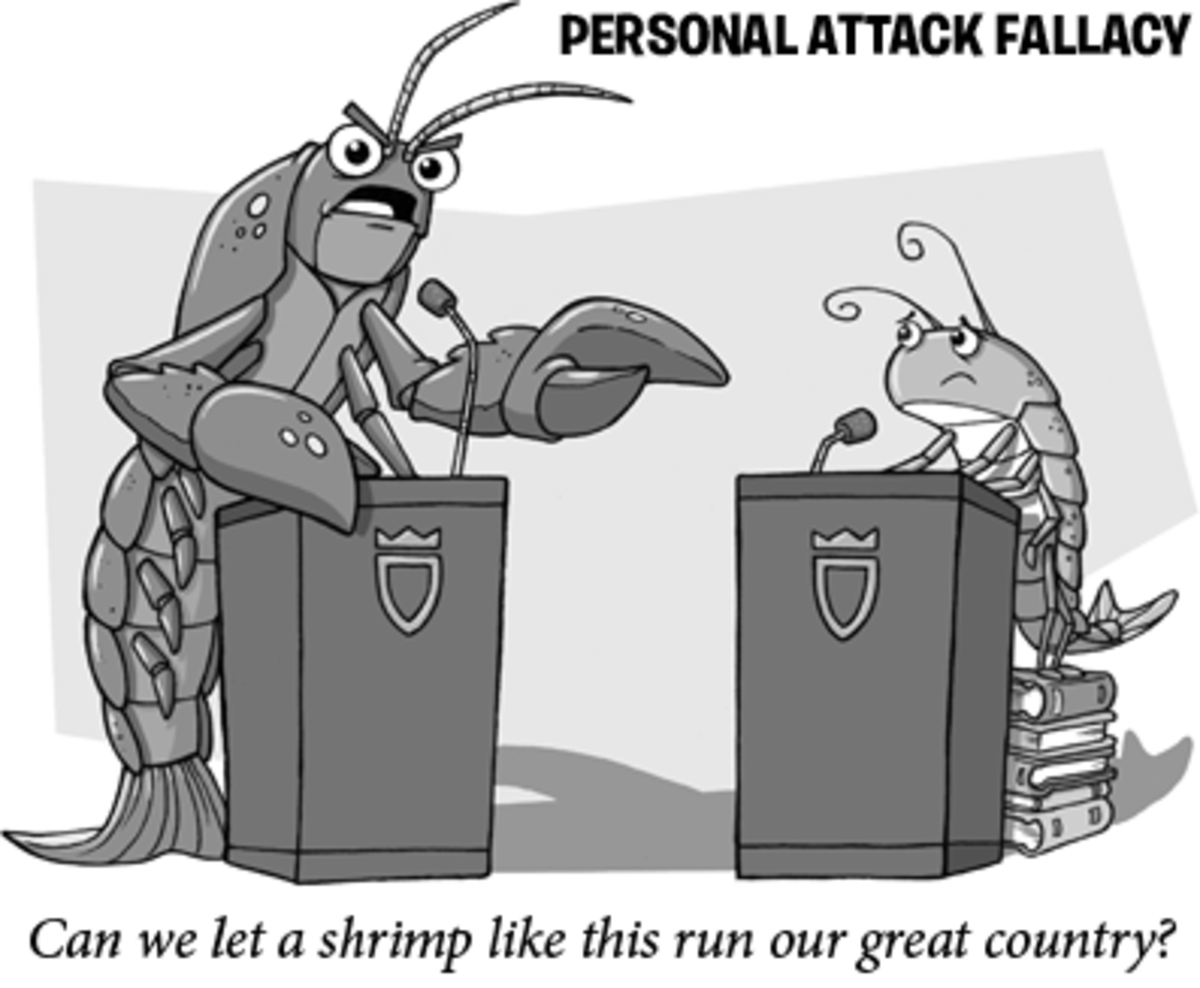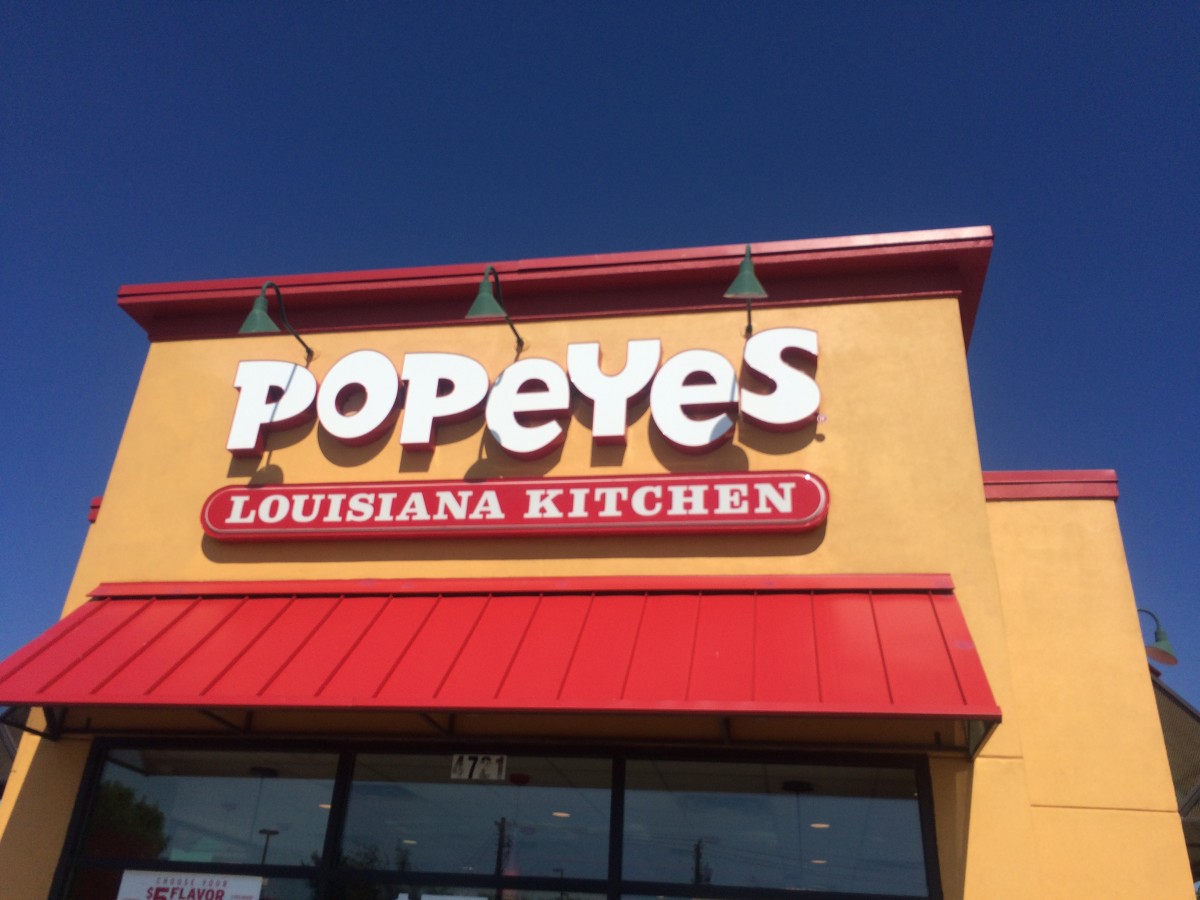Yelp's Pointless Sting

Yelp Consumer Warning Is Misleading
ABC news recently aired a segment about Yelp's latest strategy for uncovering fake reviews on their search engine: Sting operations using Yelp employees posing as 'yelpers', answering ads which offer to pay them for writing positive reviews about their business listings on Yelp. Do you believe what you just read, because I have trouble believing what I just wrote. It's true, though. Just Google-search "Yelp Phony Reviews" or "Yelp Fights Fake Reviews", and you can watch the whole piece on YouTube.
I am convinced that Yelp is their own worst enemy. I've had trouble understanding the necessity for a platform which is geared toward people who don't quite realize the ramifications of their opinions. We already have professionals who rate restaurants, the Better Business Bureau as a watermark for many industries, the Federal Trade Commission to handle serious complaints about particular business practices, and newspaper and TV reporter task forces, to out scamming businesses (businesses that pose potential health risks), and to publicize superbly run businesses that are jewels to the city.
I've been on Yelp's website and seen hundreds of yelpers who have each written 2500 reviews. That is the equivalent of visiting a new place and writing a new review seven days per week for seven years. I will practically guarantee that none of these yelpers run their own business. I own multiple businesses that I've advertised online since 1999 or 5 BY (Before Yelp), and nobody cared one iota about phony positive reviews. We only cared about phony negative reviews, and if we ever got one, we would contact the search engine and have it removed. That was it, end of story.

Then Yelp came along with their top-secret, Vienna conference, Nuremberg trial, cutting-edge algorithm, that could determine beyond reproach, whether a review is fake or real, while parting the Red Sea, curing cancer, and creating a usable energy out of old VHS tapes. Yelp is now eight years old, and has faced at least two class-action lawsuits in the last eighteen months. A few years ago, I wrote several articles describing my disdain towards Yelp and their algorithm, but their 72 million monthly viewers are evidently blurring their vision, when it comes to seeing the big picture.
I have been keeping track of random yelpers, their reviews, and the businesses reviewed, and I am still searching for a tangible reason as to why Yelp is so popular. I can't find one, other than people are buying into the notion that Yelp's reviews are legitimate. Well, I'm sorry. Yelp's formula for testing reviews has flaws. Yelp even admits to these flaws.
After one of their stings, the business in question is labeled with a Yelp consumer warning stating. "We caught someone red-handed trying to buy reviews for this business. We weren't fooled, but wanted you to know that Yelp is the greatest company in the world and all small businesses should bow to are supremacy regarding which reviews are fake and which reviews are real." (Well...I might have paraphrased the latter part of that statement.) However, notice the careful wording, "We caught someone red-handed trying to buy reviews for this business." It doesn't say, "This business was caught red-handed..." or "We caught a representative of this business red-handed...". It only states "...someone...", which could mean anyone, including a competitor.
I'm creative enough to picture a scenario where six similar businesses exist in one town, and four of them conspire to get the other two branded with a Yelp consumer warning. They place ads offering $20 or $30 for a positive Yelp review (for their two competitors), with the agenda of falling into a Yelp sting. It would cost them $50 to have their competitors branded with a scarlet "Y". Is that so far-fetched? Not when you consider that most of the new i-phones, smart-phones, i-pads, and notebooks will have a built-in Yelp navigational application. All of these devices will give information to the public, strictly from Yelp's perspective. Is my "sting by design" scenario sounding more plausible?

Here's a question: What has more of an impact on a small business, ten fake positive reviews or one fake negative review? As a small business owner, I can assure you that one fake negative review can hurt a small business a whole lot more than ten fake positive reviews can help that same business. Yelp's sting operation was created solely to discover fake positive reviews. That's a lot of time, money, and energy that Yelp is using to stop a problem that's not really a problem, as far as I'm concerned.
But here's the $72 million question, that all Yelp zealots seem to be missing: If Yelp's algorithm, their quintessential claim to fame, their "raison d'etre", is so cutting edge and beyond reproach...then why do they need a sting operation in the first place? Think about it.
© 2013 Daniel Marcosi



